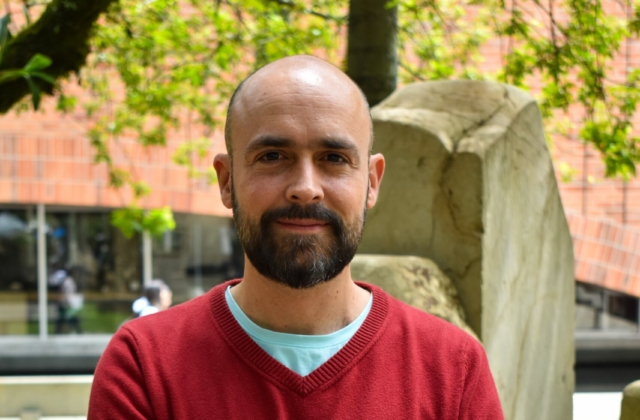Andrés Vélez-Posada
NIAS fellow

Project title
Tropical Ingenuity. Environments of Knowledge in Early Modern Spanish America
Research question
How was tropical nature experienced and studied in early modern Spanish America? How were knowledge practices of the communities that lived there, connected with their environment?
Project description
The building of the Spanish Empire in the Americas in the early modern age was a political and scientific project without precedent. The geographical and ecological conditions of Spanish America posed both challenges and opportunities. Since most of the territory was tropical and sub-tropical, it was drastically different from the European environment and had it’s own specific knowledge practices.
Andrés Vélez-Posada will focus on the tropical Andes of the New Kingdom of Granada (current Colombia and Venezuela territories). He will look at the exploitation of gold- and emerald mines in Antioquia and Muzo mountains between 1550 and 1700. The ethnic and environmental diversity of this region gives him the opportunity to reveal why place matters and how it can shape knowledge negotiations and specific ways of knowing.
Ultimately, his project aims to study the subject of the environments of knowledge in Spanish America and how the ingenuity of New Granada makers and experts were evaluated, recognized or erased in the formation of the global knowledge societies.
Selected publications
- “Saberes en las Américas: Cruces, trayectorias y zonas de intercambio”. Varia Historia, 38, 78 (2022) https://doi.org/10.1590/0104-87752022000300002 (co-authored with Mariana Labarca).
- Taste and mining culture in early modern Spanish worlds”, British Journal for the History of Science Themes, 7, 1 (2022) DOI:10.1017/bjt.2022.2 (co-authored with Gregorio Saldarriaga).
- “Peñascos de Esmeralda: Epistemic Content and Cultural Entanglement of Early Modern Emerald Matter”, Centaurus – Journal of the European Society for the History of Science, 66, 3 (forthcoming).